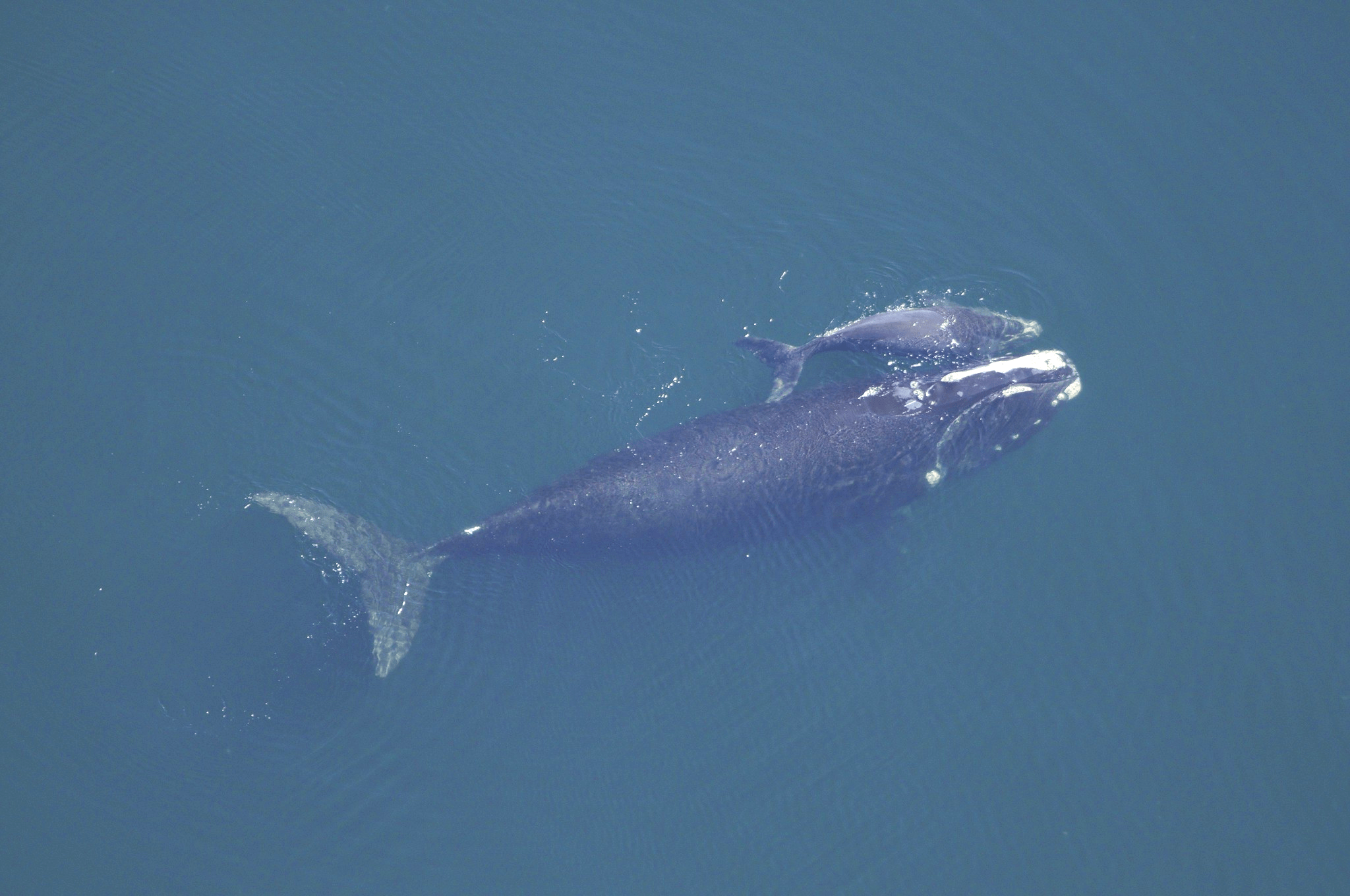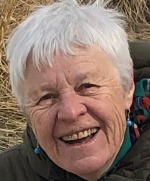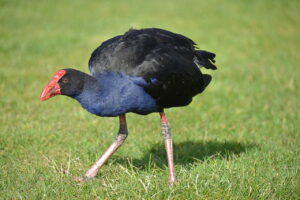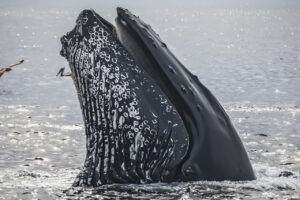The other evening my favourite television channel PBS broadcast a documentary called Patrick and the Whale. The documentary follows marine videographer Patrick Dykstra as he searches for a particular whale near the Caribbean Island of Dominica. Dyskstra had been filming whales for years when a chance encounter with a female Sperm whale changed his life and his perspective.
Whales are social mammals and congregate in familial pods or other groupings for extended periods of time. They are curious creatures but are not known to interact closely with humans. Dykstra was aware of this and so was surprised when a female Sperm whale swam toward him. Dykstra could hear the click, click vocalization she made as she approached and so he used his camera to try and duplicate the sound. The whale moved closer!
A sperm whale is the largest toothed mammal in existence and can weigh 45 tonnes and measure 16 meters. It also has the largest brain of all mammals so it was no ordinary eye staring back at him. Then Dykstra did a body roll and the whale gently began to imitate him, returning upright to face him once again. Dykstra had never experienced anything like it and was overcome with a powerful feeling of connectedness.
Sperm whales like many whale species create strong social bonds that can provide safety for a pod but sometimes those close bonds can lead to danger. Whales will congregate near another whale in distress despite the fact that nearby whalers present an imminent threat. A group of young juvenile Sperm whales were found stranded, dead and dying on a beach in England. No one knows why they “beached together”. The ties that bind are so powerful it seems that whales will follow each other even if it means to their death.
Much of a Sperm whale’s life is lived deep beneath the surface at depths no human can withstand. Dykstra wanted to learn more by attaching a tracking camera to the whale he named Dolores. Dolores however, proved hard to locate. A chance encounter with a younger whale was more successful and Dykstra was able to attach a camera to a female named Can Opener.
The resulting footage so excited Dykstra that he set out to place the camera nearer the whale’s mouth for a better view. This time Can Opener approached warily and when she saw the camera she opened her massive jaws and Dykstra was forced to swim away. He had been given a message. Was it the presence of the calf beside her that changed the dynamics?
The encounter upset Dykstra. He was afraid he had destroyed his chances of ever interacting with the whale again. He searched for Can Opener the following season and this time did not bring the tracking device. After days of searching he found the pod and waited. Can Opener turned and came toward him, mouth closed and then sopped as if confronting him. It felt to Dykstra as though the whale was sizing him up. Then she turned and slowly disappeared into the depths. It was then that Dykstra felt another presence and saw the calf swimming above him. Can Opener would never leave her calf unattended. There was always another whale nanny on guard duty. Why not this time?
Dykstra remained swimming with the baby for 45 minutes. Then Can Opener returned and mother and calf swam away. Dykstra wasn’t sure what to think about this experience. He was both amazed and perplexed. Had Can Opener given him a second chance to prove himself by entrusting him with her calf ?
For Dykstra these intimate encounters have been life changing. He has witnessed the extraordinary emotional bonds that exist within the whale species and has been struck by how much we still do not know about their complex relationships and abilities. What he has come away with however, is his belief that if humans treated each other the way whales treat members of their own, our world would be a better place in which to live.
Bonnie Dickie lives in Winnipeg, the Elm capital of Canada. In a previous life she worked for CBC in Yellowknife, NWT before moving South to freelance as a documentary filmmaker. Her work has taken her across the Arctic as well as China, Africa and Spain. Today she is semi-retired and aside from her dog walking exploits is focused on learning to play the ukulele-a talent she has yet to fully grasp.





Your closing line, that Patrick Dykstra believes that “if humans treated each other the way whales treat members of their own, our world would be a better place in which to live” is illuminating.
We have much to learn from our co-inhabitants. You illustrate that reality so well in your reflections. Many thanks.
Bonnie, I love this story! It leaves me with wonder, awe and appreciation for authentic goodness in this world.